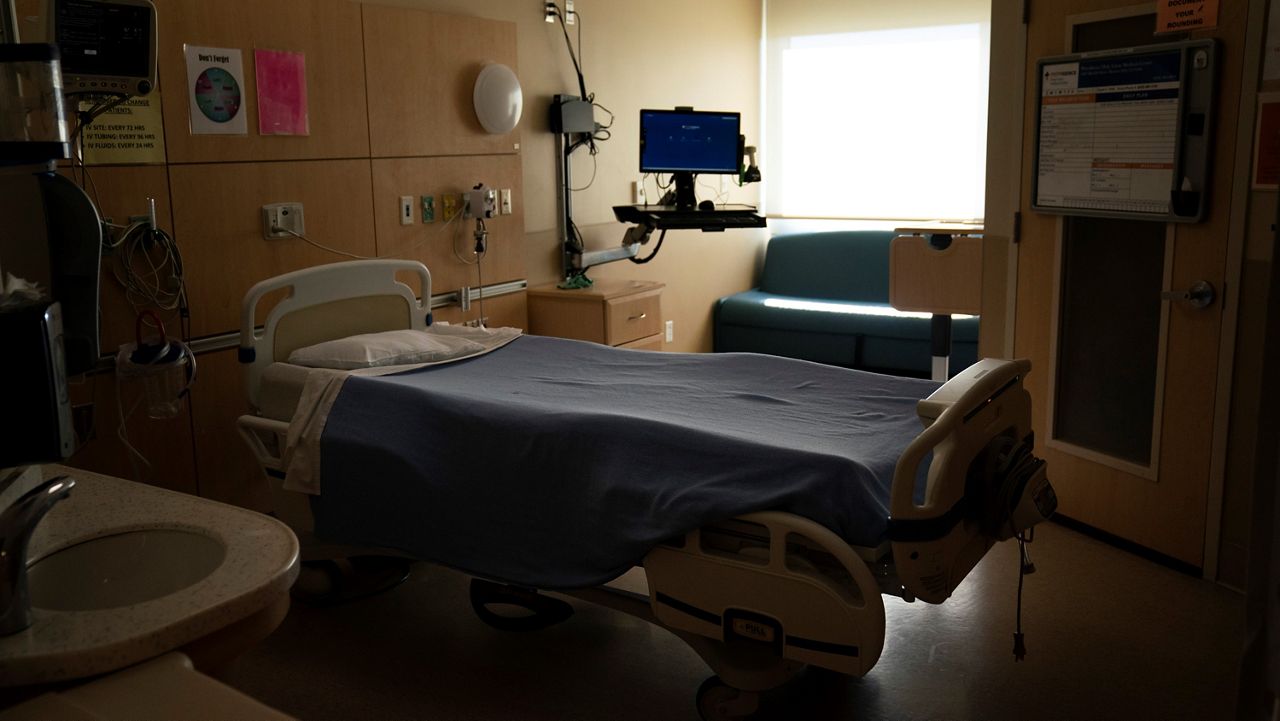CLEVELAND — Cleveland Clinic, University Hospitals and Case Western Reserve University are receiving a five-year, $2.78 million grant from the National Institutes of Health and National Cancer Institute to use artificial intelligence to treat rectal cancer.
Using AI would allow researchers to "derive specific metrics on magnetic resonance imaging (MRI) scans to better understand how rectal tumors are responding to therapy." Using the technology will also help clinicians overcome issues when it comes to evaluating which tumors are dying, or which ones are either regressing or not.
Rectal cancer is the third-most common type of cancer in the digestive system, and around 46,000 people will be diagnosed with rectal cancer this year, according to the American Cancer Society.
“Our goal is to develop new types of radiomic signatures, involving computational analysis of radiology and pathology images, to determine how well these patients have responded to therapy,” said Satish Viswanath, an associate professor of biomedical engineering at Case Western Reserve and the grant’s lead researcher, in a press release. “By doing so, doctors will be able to better personalize treatments for patients with rectal cancer.”
The money will help fund a study, which will analyze medical images from more than 900 rectal patients using AI. Researchers will analyze how well the patients respond to treatment based on the information they collect.
The overall goal is to develop a non-invasive, accurate method to identify rectal cancer patients who have no tumor remaining after therapy, which helps to reduce the number of surgeries and possible complications.
“This study has great potential to help uncover signatures of dying tumors by mining characteristics that are usually invisible to the naked eye,” said Andrei Purysko, associate professor of radiology at Cleveland Clinic Lerner College of Medicine and co-principal investigator, in a press release. “We will also be integrating AI with clinical evaluation to work out how to make AI signatures part of the clinical workflow.”



